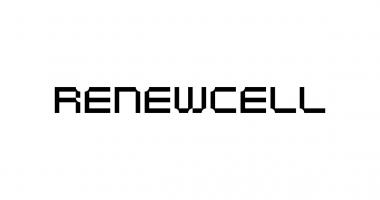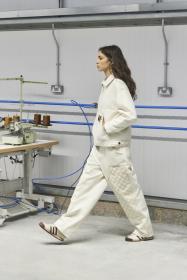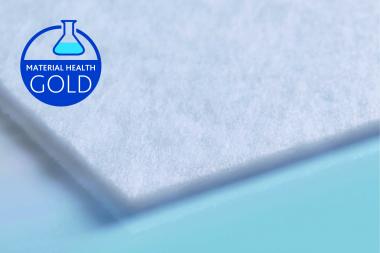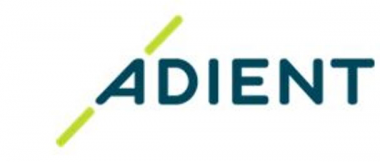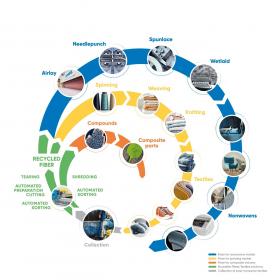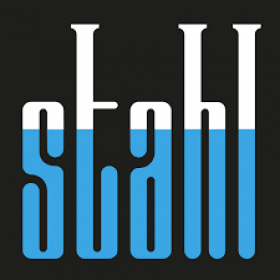HeiQ at ITMA 2023
HeiQ will display its biobased textile solutions for allergen reduction, odor control, and dynamic cooling at ITMA Milano 2023. The event will take place from the 8th to the 14th of June at Fiera Milano in Italy, where HeiQ will also showcase HeiQ AeoniQ™, its cellulosic fiber and flagship advancement in biobased textile technologies.
The focal point of the HeiQ exhibition at ITMA Milano 2023 will be the company’s biobased textile technologies. These innovations address one of the major challenges faced by the textile industry, making fabrics more functional while contributing to a sustainable future.
The ready-to-use HeiQ technologies on display are HeiQ Allergen* Tech, providing synbiotic protection in home textiles and unmatched defense against inanimate allergens, HeiQ Cool, the dual-action cooling that keeps one cool and comfortable, even in the most demanding conditions, HeiQ Mint, the botanical odor control that provides plant-based and effective odor management, and HeiQ Fresh, for sustainable odor control.
Additionally, HeiQ will present a glimpse into the future with HeiQ’s groundbreaking carbon-positive continuous filament yarn, HeiQ AeoniQ™, that turned from an idea into a breakthrough piece of garment in just 15 months.
This cellulosic fiber has the objective to render polyester and nylon obsolete until 2030 and has attracted the support and active engagement of global partners who saw HeiQ AeoniQ™ as the solution to change the future of the textile industry.
HeiQ Materials AG











